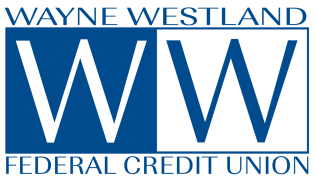With your bank, do you actually have input in the decision making processes that affect your money? Credit unions have members, not customers, and each of them has a stake in the organization. When hard choices have to be made, they’re not decided by a small group of bank executives. They’re voted on by members. If you’re doing business with a bank, you won’t have that option.
Banks charge more fees for their services. If you’re unemployed and stuck in the middle of a recession, those fees can add up and cause significant unmanageability. For many Michigan residents, times are tough and finances close to the line. It’s not unheard of some bank customers losing several hundred dollars in overdraft fees and service charges. With a credit union, the fees tend to be lower.
How much influence do you have when you’re a customer of a credit union? If you don’t like the way things are being run, you can present it to the board and have it put to a vote. In addition, you have a say in the opening of new branches, mergers, acquisitions, and the selection of officers. Banks don’t offer you those choices.
Times are tough, and financial decisions need to be made after carefully considering all options. If you’re struggling with the decision between a bank and a credit union, set up a list of pros and cons. On your list write down the amount of influence you have in the decision making process, and include the issues of convenience and longevity. With credit unions, members must approve all mergers and acquisitions. Credit unions rarely move or change their name, and they rarely get absorbed by larger entities as many banks do. If you open an account at a credit union today, there’s a good chance they’ll still be there tomorrow … same name, same democratic process.


